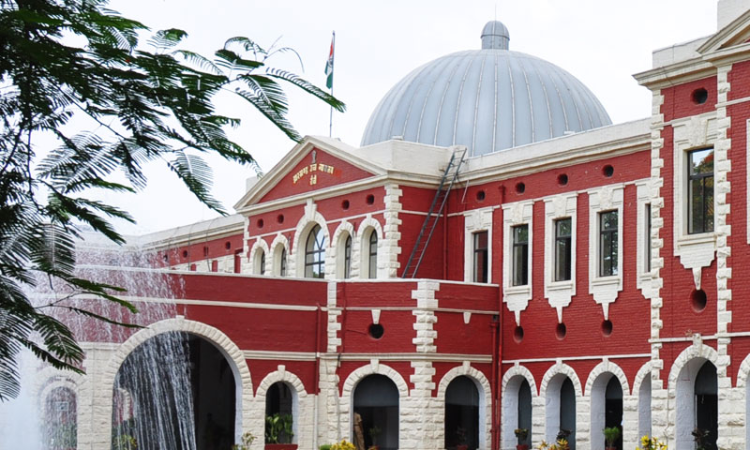The Jharkhand High Court has observed that the presumption under Section 139 of the NI Act is akin to the general rule of evidence incorporated in Section 106 of the Evidence Act. The Bench of Justice Shree Chandrashekhar further said that the accused has the right to show that there is a possibility that the case pleaded against him is not correct. However, this stage would come only when...

